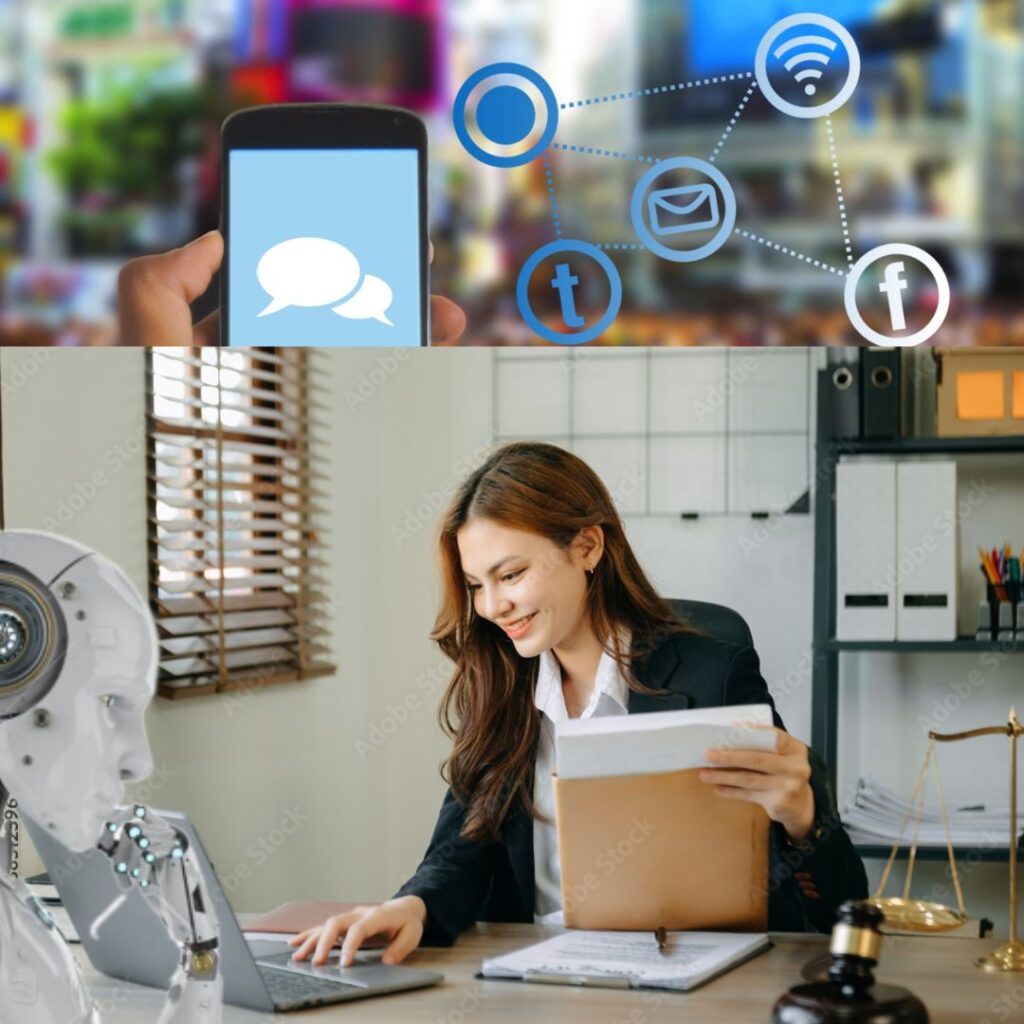Effective client communication is the lifeblood of a successful legal practice. Lawyers must convey complex legal concepts, provide updates, and address client concerns promptly. Indeed, the competence and proficiency of a lawyer are first demonstrated in his communication with his client. In other words, a lawyer begins to demonstrate his skills to his client through effective communication. With the advent of AI technology, such as ChatGPT, lawyers now have a powerful tool to streamline and enhance client communication. In this article, we’ll examine how ChatGPT can transform the way lawyers interact with their clients, offering tips and real-world examples to illustrate its value.
Jump to Section:
Toggle





